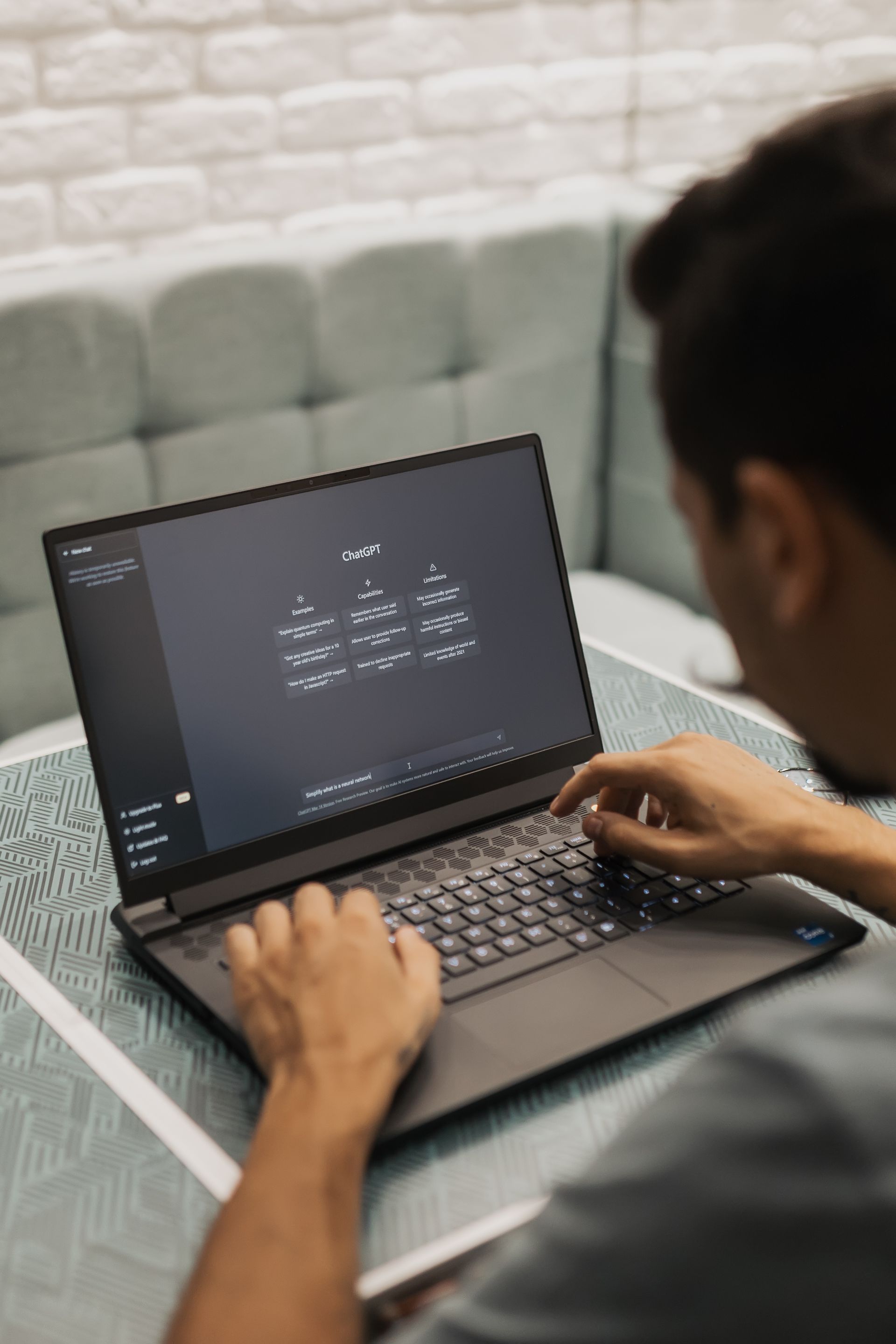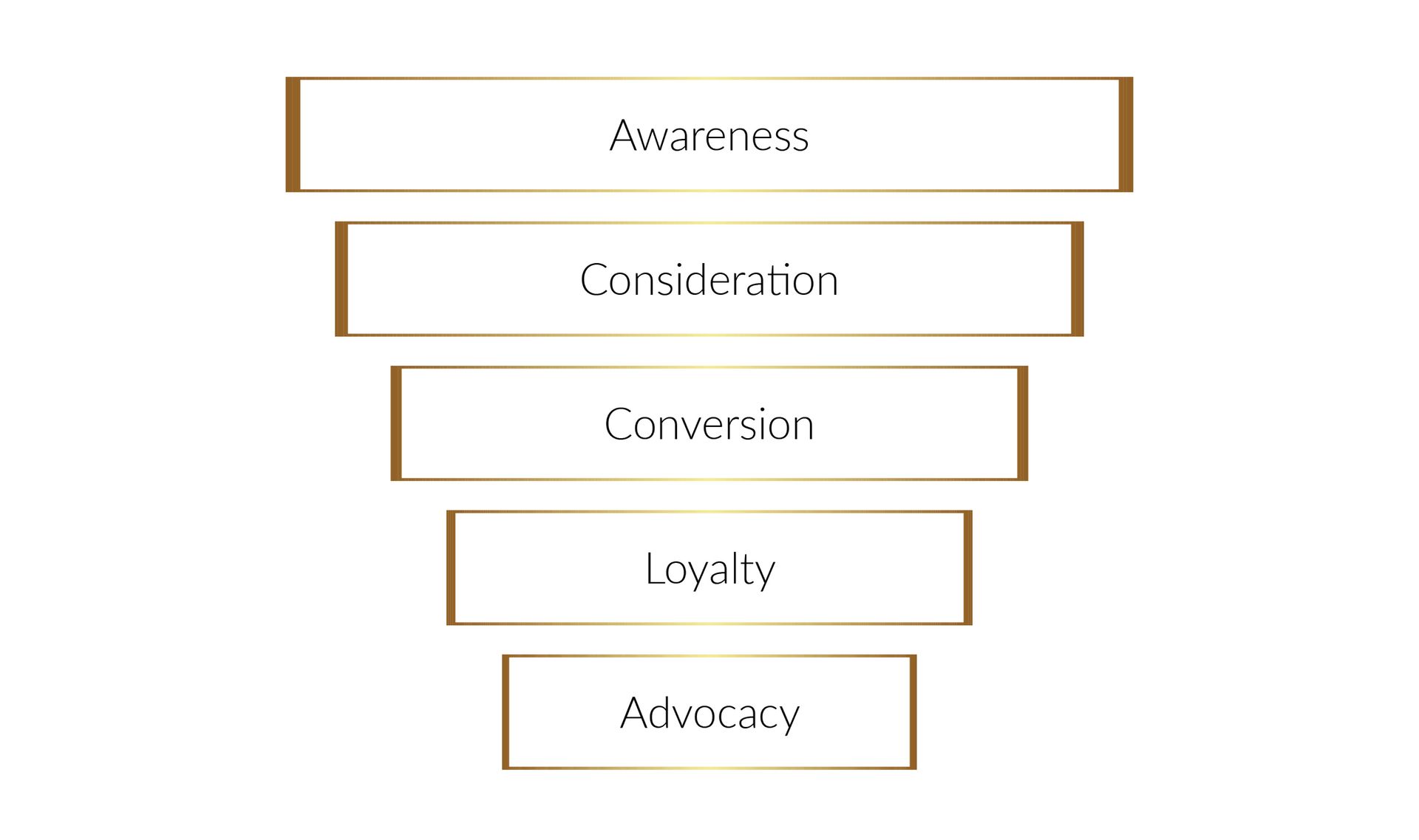OpenAI's ChatGPT Custom Instructions: A Game Changer for HR Professionals
Revolutionizing Human Resources: How OpenAI's ChatGPT Custom Instructions Enhance Efficiency, Personalization, and Inclusiveness

OpenAI's recent announcement to make custom instructions available to all users, including those on the free tier of the service, can be seen as a milestone in AI-driven communication. As originally reported by TechCrunch, this feature will allow users to tailor the chatbot's responses to specific preferences and requirements without repeating the instructions for each interaction.
How Does This Impact HR Professionals?
In Human Resources, efficiency, personalization, and accuracy are key to successful interactions. OpenAI's latest feature could be a game-changer in these aspects. Here's how:
1. Streamlined Recruitment Process
Custom instructions can enable HR professionals to create automated yet personalized responses to applicants. For example, HR could instruct ChatGPT to respond to inquiries with details specific to different job positions or departments, ensuring a more targeted and efficient recruitment process.
2. Enhanced Employee Onboarding
Onboarding new employees can be streamlined with custom instructions. HR can set ChatGPT to provide specific information tailored to a new hire's role, such as orientation schedules, departmental contacts, or company policy documents.
3. Language Flexibility
With the ability to request responses in preferred languages or eliminate those they don't, HR departments can break down language barriers in multinational companies. A recruiter could ask ChatGPT to provide information in the applicant's native language, creating a more inclusive and comfortable experience.
4. Cost-Effective Training
The feature's availability on the free tier makes it accessible even to smaller companies. HR professionals can leverage ChatGPT to create customized training modules, instructions, or FAQ sections, without the need for a ChatGPT Plus subscription.
5. Increased Privacy with Chat History Off
OpenAI's note that custom instructions can be used even with chat history turned off is a significant advantage for HR. Confidential employee interactions or sensitive inquiries can be handled with an added layer of privacy.
Conclusion
The expansion of custom instructions in ChatGPT represents an exciting advancement in the utilization of AI in the HR field. By offering a way to tailor interactions without repeated manual input, it enables a new level of efficiency, customization, and inclusiveness. For HR professionals seeking to leverage technology in their daily tasks, this feature may provide the flexibility and control that aligns perfectly with modern HR needs.
Human + Machine: Reimagining Work in the Age of AI
Human + Machine: Reimagining Work in the Age of AI" by Paul R. Daugherty and H. James Wilson explores the collaborative relationship between humans and artificial intelligence in the workplace. The authors provide a forward-thinking guide to understanding how AI is not replacing but augmenting human capabilities, transforming business processes, and creating new forms of collaboration. Through real-world examples and insights, the book offers a roadmap for business leaders to strategically implement AI, maximizing human potential and driving growth in the age of intelligent technolog
The Future of Work: Robots, AI, and Automation
"The Future of Work: Robots, AI, and Automation" by Darrell M. West is an insightful examination of the profound changes that emerging technologies are bringing to the workplace. West explores how innovations like robotics, artificial intelligence, and automation are reshaping jobs and industries, with implications for workers, educators, and policymakers alike. Providing a balanced perspective, the book offers a thoughtful analysis of the opportunities and challenges these technological advances present, emphasizing the need for adaptability and a forward-thinking approach to ensure a thriving future of work.
Superminds: The Surprising Power of People and Computers Thinking Together
"Superminds: The Surprising Power of People and Computers Thinking Together" by Thomas W. Malone delves into the synergistic collaboration between human intelligence and artificial intelligence. Malone explores how this collective intelligence, or 'superminds,' can be harnessed to solve complex problems, innovate, and make decisions in ways that neither humans nor machines could achieve alone. Drawing on research from various disciplines, the book presents a compelling vision of the future where human creativity and machine efficiency are combined, opening new possibilities for collaboration, business, and societal advancement.







